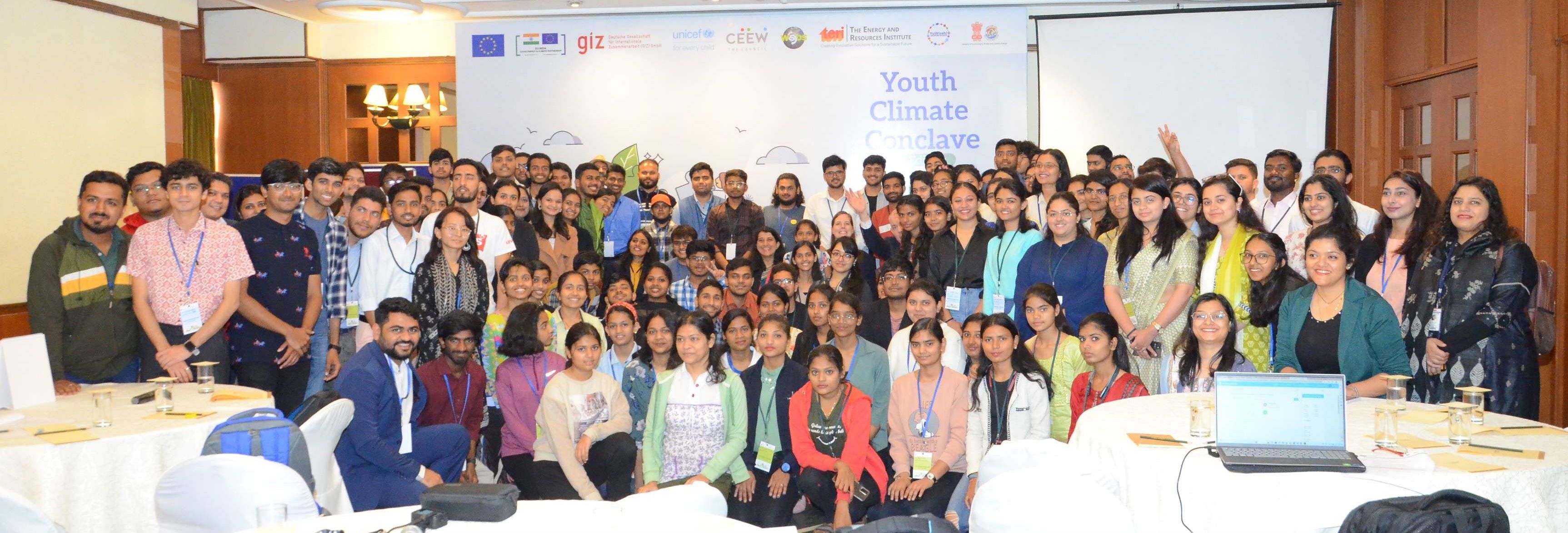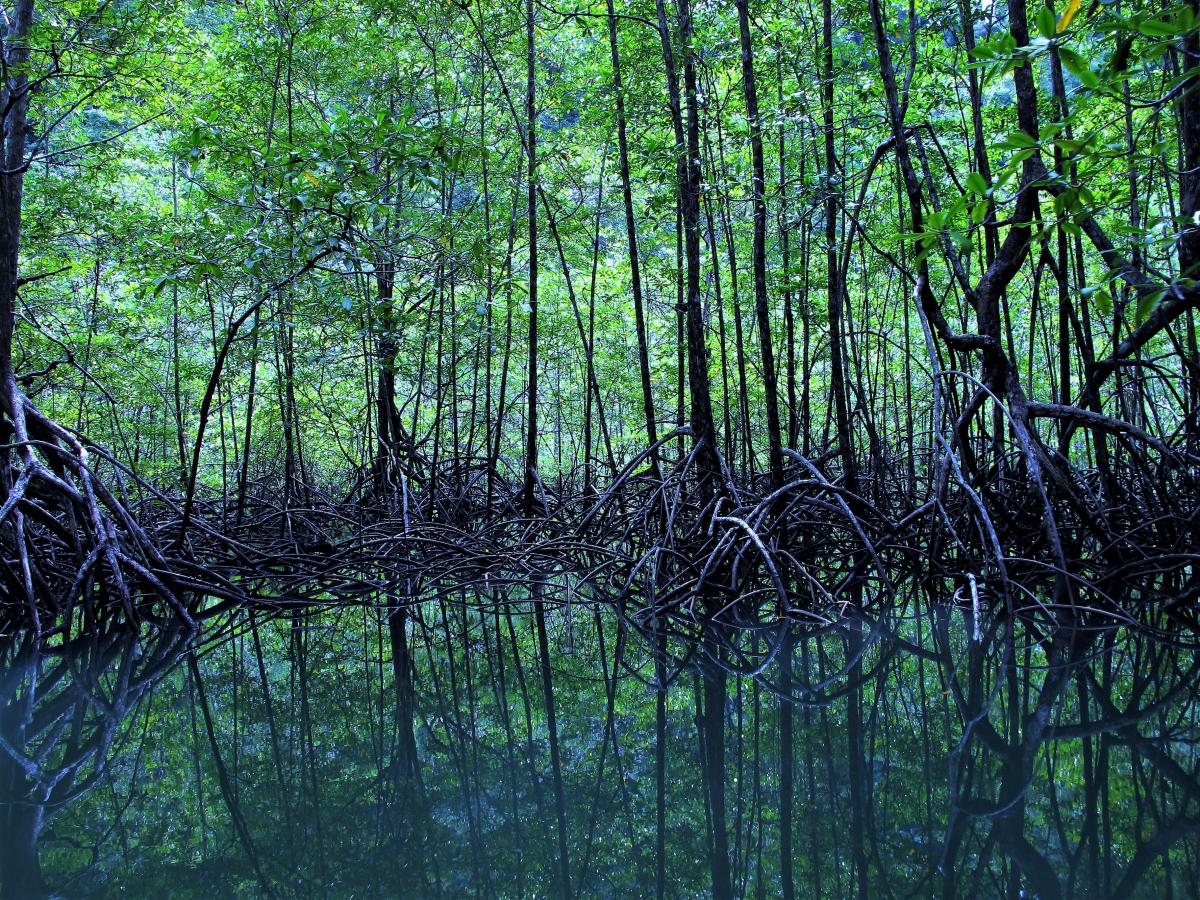Manipur fishers hold rally raising awareness on Loktak biodiversity
CEESP News: Salam Rajesh, IUCN CEESP member
Fishing community in Manipur’s Loktak Lake, a Ramsar designated wetland, is blending conservation initiatives with addressing imminent threats to their lives and livelihoods from external interventions. In tune with the objectives outlined in the Post-2020 Global Biodiversity Framework negotiations, Loktak fishers are raising awareness for the conservation of the wetland.
Scores of fishers under the banner of the All Manipur Loktak Lake Area Fishers Union, Manipur (Allafum), held a public meeting followed by a canoe rally across Loktak Lake on 19 November (2022) to commemorate the 11th anniversary of the Loktak Arson (2011-2013).
On 11 November, 2011 the Loktak Lake managers - the Loktak Development Authority (LDA) - had issued eviction notices to the residents of Khuman Yangbi, Nambul Machin and Karang Sabal within the Loktak Lake, and in the follow-up action the LDA used heavy machinery to dismantle hundreds of the floating fishers’ huts in the Champu Khangpok Floating Village area.
Between November 13 and 23 in 2011, a combined team of Manipur Police and LDA officials burnt 777 fishers’ huts built on the floating biomass at Champu Khangpok, on the pretext that these were “unauthorized” entities.
Yet, inspite of the State’s intervention in their lives, threatening them with eviction and displacement from the wetland upon which they depend entirely for their living and livelihoods, the Loktak fishing community has resolved to contribute proactively in the long term conservation of the wetland.
Loktak Lake is one of the largest freshwater inland lakes in India and it supports a wide diversity of life – humans, migratory water birds, aquatic flora, endangered wildlife like the Manipur Brow-antlered Deer (Rucervus eldii eldii) and Hog deer amongst others.
The wetland supports livelihoods for more than one hundred thousand fishing community who directly depend on the wetland for their survival. This serves as the basis for the fishers to involve in short and long term conservation of the wetland, so that generations after generations of their families can continue with their living in a thriving environment.
This resounds closely with the vision of the objectives outlined in the Post-2020 Global Biodiversity Framework negotiations which envisages “a world living in harmony with nature”. The core of the Framework states that, “By 2050, biodiversity is valued, conserved, restored and wisely used, maintaining ecosystem services, sustaining a healthy planet and delivering benefits essential for all people”.
Speaking on the occasion to mark the 11th year of the Loktak Arson wherein the State committed violation of the fundamental human rights of the marginalized fishing community, Allafum’s consulting advisor Salam Rajesh stressed that although the new initiatives of the Manipur Government in the lake area are likely to impact the fishers as the proposals lack accountability and transparency, the fishers have responsibility to work for the conservation of the lake as it supports their lives.
Salam opined that Loktak Lake needs to be notified under the provisions of India’s national Wetlands (Conservation and Management) Rules, 2017 and properly monitored as per the Ramsar guidelines so that a wholesome effort towards rejuvenating the degrading ecosystem of the lake can be achieved and locals can benefit from its ecosystem services – which is key to the negotiations on the Post-2020 Global Biodiversity Framework.
Mutum Churamani representing LOUSAL, a key farmers’ organization based in Manipur, placed his observation that the State’s development plans needs to fall in line with the requirements of the fishing community so as to improve their lives while serving to restore the ecosystem of the lake healthily.
Ram Wangkheirakpam of the Indigenous Perspective said that the Loktak fishers’ fight for justice is not over. He appealed to those present at the event to work as one for the cause of the wetland that provides for their living.
The day’s observation concluded with a dugout canoe rally across Loktak, with the participants raising slogan for saving and preserving the sanctity of the wetland, and appealing to the State to reconsider violating the rights of the fishing community.



